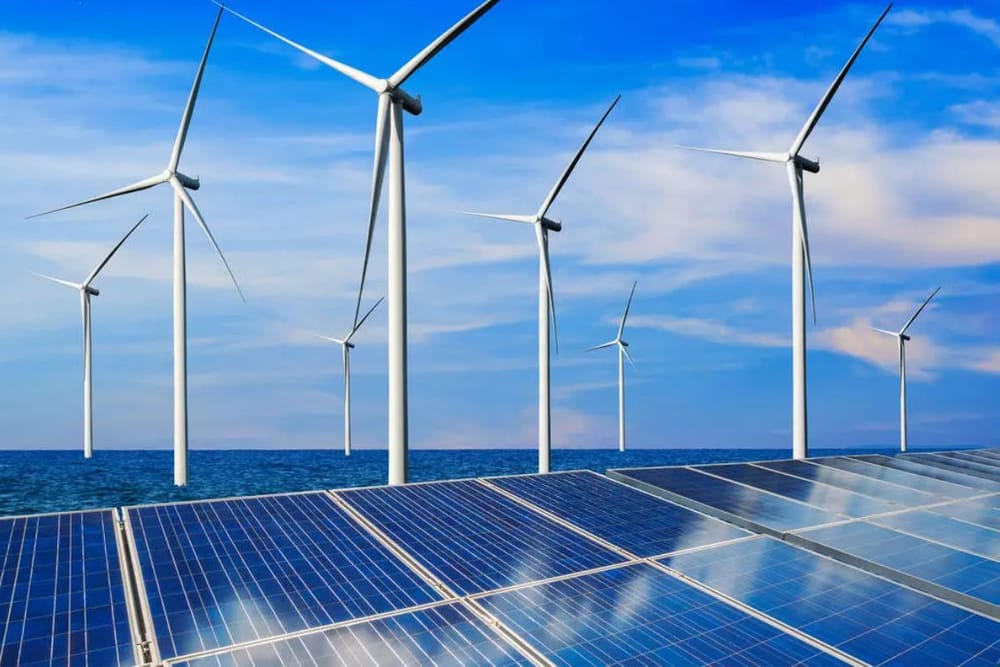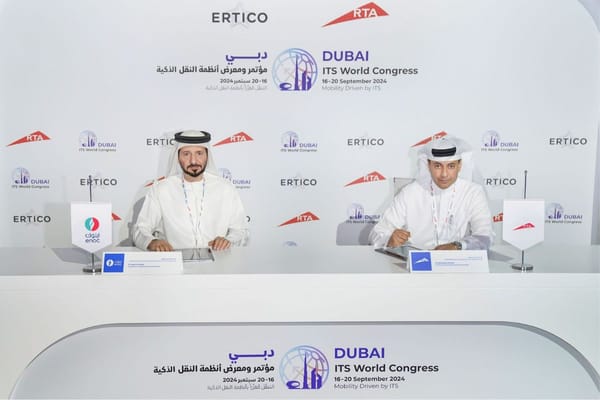The Middle East is poised to attract an impressive $75.63 billion in renewable energy investments through 2030, according to a new report by the Energy Industries Council (EIC), a leading global trade association for the energy sector.
The report highlights 116 renewable energy projects slated for development between 2025 and 2030, encompassing solar power, onshore wind, hydro, hydrogen production, carbon capture utilization and storage (CCUS), geothermal energy, and energy storage systems.
Despite this surge in clean energy investment, the International Energy Agency (IEA) projects that only 20 percent of the region’s total energy investments will be allocated to renewables. The majority of funds will continue to flow into the oil and gas sector, underscoring the region's enduring role as a major hydrocarbon producer. This trend is supported by abundant gas reserves and competitive pricing, which are expected to sustain the region's pivotal role in the global energy landscape.
Aqilah Shahruddin, the report’s author, emphasizes the complexity of the region’s energy transition.
“While the majority of spending remains in oil and gas, there is a notable increase in investments in clean technologies like hydrogen, solar, wind, and carbon capture. This dual approach highlights the challenge of balancing clean energy advancements with maintaining hydrocarbon dominance,” Shahruddin said.
Ryan McPherson, EIC’s Regional Director for the Middle East and Africa, underscored the significance of the Middle East in the global energy sector.
“The growing number of cleantech projects in the region underscores its importance for the future. EIC remains committed to supporting the region's energy transition through comprehensive data, reports, and industry events,”
McPherson stated.
News Source: Emirates News Agency









